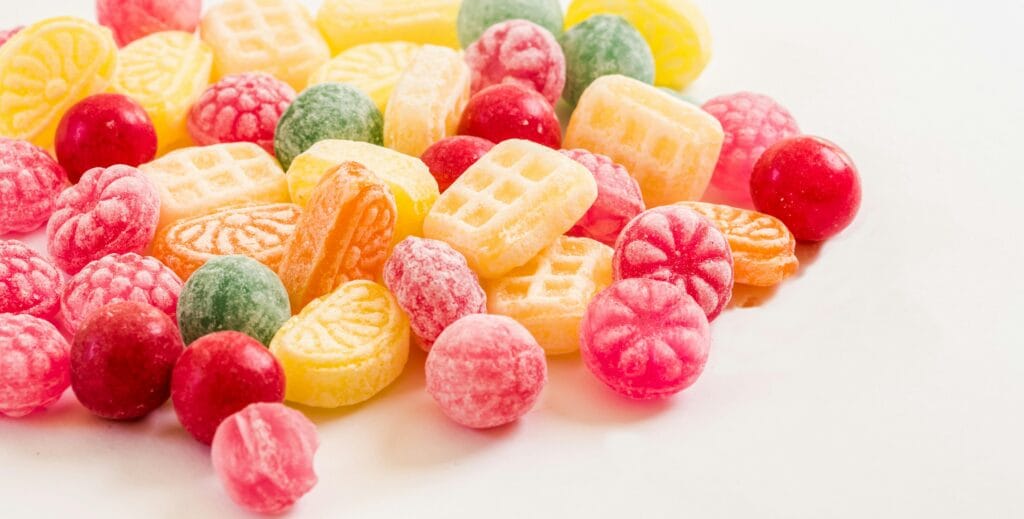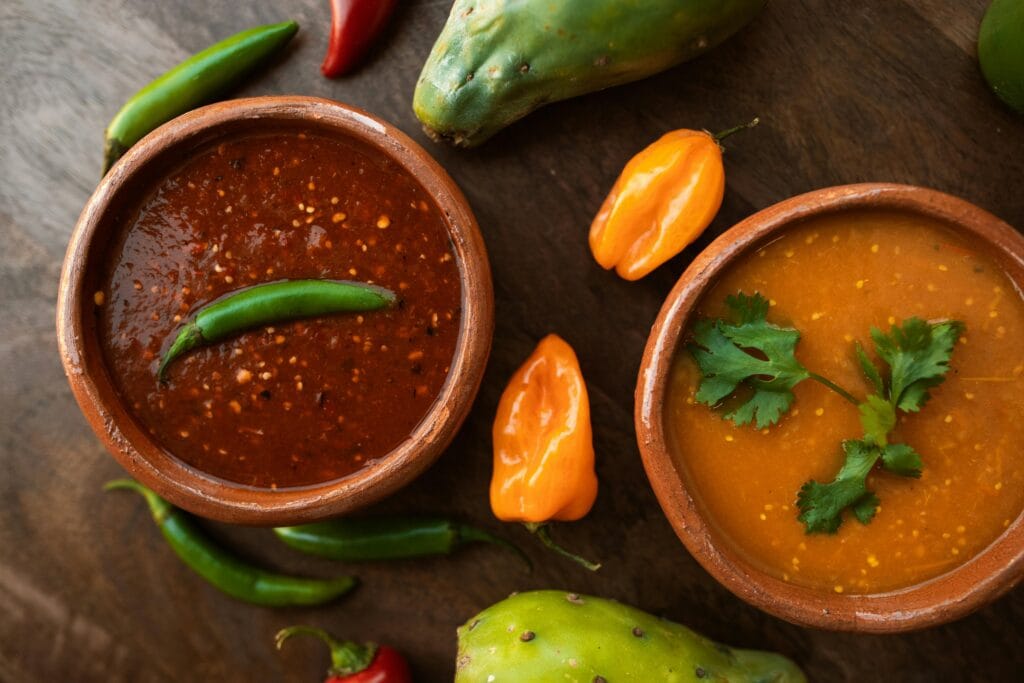
Toothaches can be incredibly uncomfortable, leaving you feeling irritable and distressed. Whether caused by a cavity, an abscess or gum disease, the pain can make even simple tasks, like eating, daunting. While dental care is essential for addressing the underlying issue, understanding the foods to avoid if you have a toothache is crucial for managing discomfort.
Incorporating the right diet tips for tooth pain can provide relief and help you navigate your meals effectively. This article will explore the foods that worsen toothache & briefly touch on some of the best foods for sensitive teeth, ensuring you know what to enjoy and what to steer clear of for optimal toothache relief through diet.
Causes of Toothache
Understanding the common causes of toothaches is vital for managing your discomfort and preventing future pain. Tooth decay, often due to poor oral hygiene and the consumption of foods that worsen toothache, is a leading culprit. An abscessed tooth, which indicates a bacterial infection at the tooth’s root, can also lead to severe pain. Broken teeth and gum disease are additional factors that can contribute to the agony of a toothache.
While this overview touches on the basics, there are many other potential causes. To learn more about the underlying issues behind tooth pain, check out our blog, “Types of Toothache & Their Causes”. By identifying these problems, you can better understand what to avoid with a toothache and implement effective diet tips for tooth pain that can aid in your recovery.
Foods to Avoid with a Toothache
Dealing with a toothache can feel utterly overwhelming, but knowing the foods to avoid if you have a toothache can help reduce the pain and make meals more manageable. The discomfort makes it challenging to enjoy your meals, but making thoughtful dietary choices can make a world of difference. Below, we’ve outlined key foods to avoid if you’re battling tooth pain, along with insights on how they can exacerbate your symptoms.
Sugary Foods
Sugary snacks and beverages should be at the top of your list of foods to avoid if you have a toothache, as sugar fuels harmful bacteria in your mouth, worsening the pain. When bacteria feed on sugar, they produce acids that attack your tooth enamel, leading to increased sensitivity and pain. Common culprits include candies, sodas, and baked goods.
Alternative: Opt for naturally sweet alternatives like ripe bananas or mashed sweet potatoes, which provide a gentle sweetness without the harmful effects. You might also try smoothies made with unsweetened almond milk and soft fruits, offering a satisfying treat that supports tooth health.

Acidic Foods
Acidic foods, such as citrus fruits and carbonated drinks, can erode tooth enamel, making your teeth more sensitive and susceptible to pain. While these foods may be refreshing, their high acid content can worsen an already irritated mouth.
Alternative: Instead of acidic choices, enjoy soft fruits like pears or ripe avocados, which are less likely to irritate your teeth. You can also drink herbal teas or water infused with cucumber or mint for a refreshing, low-acid alternative.

Sticky Foods
Sticky foods like caramel, taffy, and dried fruit should also be considered some of the top foods to avoid if you have a toothache, as they cling to your teeth and aggravate the pain. These snacks tend to linger in the crevices of your teeth, feeding bacteria and increasing the risk of decay and further irritation.
Alternative: Instead, enjoy softer treats like yoghourt parfaits with blended fruit or low-sugar pudding cups. You could also try smooth nut butters on soft whole-grain bread, offering a satisfying texture without the stickiness.

Hard and Crunchy Foods
Foods like chips, hard candies, and nuts can put excessive pressure on sensitive teeth, potentially leading to cracks or chips. The discomfort associated with biting down on hard textures can aggravate your toothache.
Alternative: Choose softer snacks like cottage cheese, hummus with soft pita bread, or even creamy nut butters on soft whole grain bread. These options provide nutrition without the risk of damaging your teeth.

Hot and Cold Foods
Extreme temperatures can significantly amplify tooth sensitivity and discomfort, making mealtime a daunting challenge. Hot soups can irritate already inflamed nerves, while cold treats like ice cream might send sharp pain shooting through sensitive areas.
Alternative: Stick to room-temperature meals such as creamy mashed potatoes or oatmeal made with warm milk, which provide comfort without aggravating sensitive teeth. Soft vegetable purees are also a great choice, offering warmth without extremes.

Spicy and Highly Seasoned Foods
Spicy foods can significantly irritate inflamed gums and sensitive teeth, amplifying your discomfort. Dishes like spicy curries, hot salsas, and heavily seasoned meals can provoke a burning sensation, making it hard to enjoy your food.
Alternative: Milder options like plain rice or pasta with olive oil and soft-cooked vegetables can provide nourishment without the irritation. You can also flavour these dishes with herbs like basil or parsley instead of spices to keep it gentle on your mouth.

Drinks to Avoid with a Toothache
When managing tooth pain, not just solid foods but drinks matter too. Knowing which foods to avoid if you have a toothache includes recognising that certain beverages can also worsen the pain. The right beverages can help ease discomfort, while the wrong ones can intensify pain and irritation. To promote toothache relief through diet, here are some drinks to steer clear of:
Fizzy Drinks
Fizzy drinks, especially those that are sugary, are a double whammy for your teeth. The carbonation and acidity can irritate your teeth and gums, exacerbating sensitivity and pain. Additionally, these beverages feed the bacteria in your mouth, leading to decay and further dental issues. Instead of reaching for that can of soda, consider refreshing options like herbal teas or water infused with soft fruits, which are much gentler on your oral health.
Alcoholic Beverages
While a glass of wine might seem tempting, alcohol is dehydrating and can wreak havoc on your oral health. It can reduce saliva production, which is essential for neutralising acids and washing away food particles. This dryness can increase the likelihood of irritation and infection, further complicating your recovery. Opt for non-alcoholic alternatives, such as coconut water or smoothies, to keep your hydration levels up without adding stress to your teeth.
Extreme Temperature Drinks
Just like with hot and cold foods, extreme temperatures in drinks can heighten tooth sensitivity and discomfort. Hot coffees and cold iced drinks can trigger pain, making it hard to enjoy even the simplest of beverages. Choose lukewarm drinks like herbal teas or room-temperature smoothies to help soothe your mouth while keeping you hydrated.
Additional Tips for Managing Toothache Through Diet
Effective management of a toothache requires more than just knowing the foods to avoid if you have a toothache. Implementing good dietary habits can speed recovery and reduce discomfort. Implementing thoughtful dietary habits can significantly enhance your recovery. Here are some practical tips for toothache relief through diet:
- Rinse with Water After Meals: After eating, rinse your mouth with water to help wash away food particles and sugars that can lead to further irritation. This simple step can prevent foods that worsen toothache from lingering and causing additional discomfort.
- Use a Straw: When enjoying beverages, especially those that are acidic or sugary, use a straw to minimise contact with sensitive teeth. This can help protect your enamel and reduce the likelihood of pain while sipping.
- Choose Soft Textures: Opt for soft foods that are easier to chew, such as mashed potatoes or smoothies, while avoiding hard or sticky textures that can aggravate your tooth sensitivity. This not only helps manage pain but also supports your oral health during recovery.
These dietary suggestions, along with knowing the foods to avoid if you have a toothache, can help alleviate discomfort. However, professional care is crucial to resolve the root issue. Here at the 24/7 Dentist, we offer emergency dental services across the country, with some practices available after hours. Whether you prefer an in-person appointment or an online dental consultation, we’re here to help you get back to feeling your best. Don’t let tooth pain hold you back—reach out today!